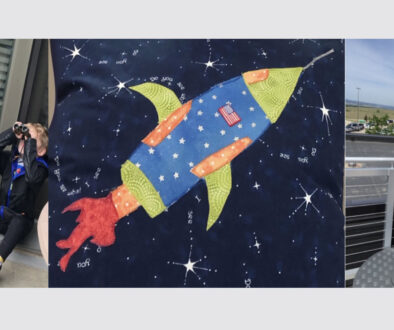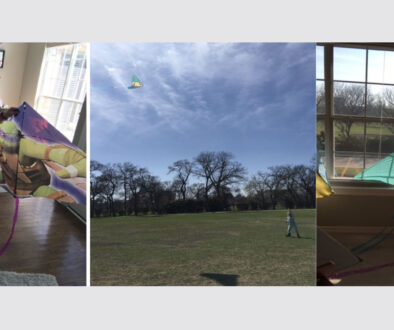Sports and Creativity
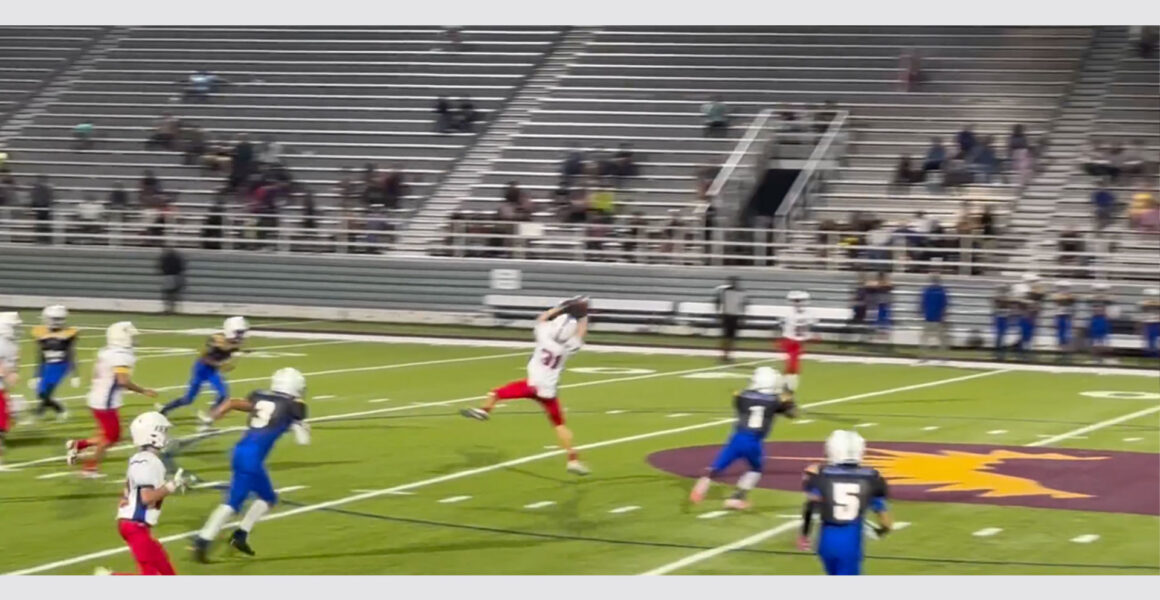
Last night the harvest moon was full, golden, and rising in the sky just as the stadium lights came on. Junior high football players had started their first quarter. The glow was captivating and begged the question again: Do sports require creativity? Not just football, but any of the sports kids are involved in. Do parents and grandparents see it that way? Here is what I have found to be true.
In my book, My Macaroni Sings, I use the PICASSO-7 to describe how to develop mindsets and skillsets of creativity. All of the PICASSO mindsets intersect in sports, some more than others.
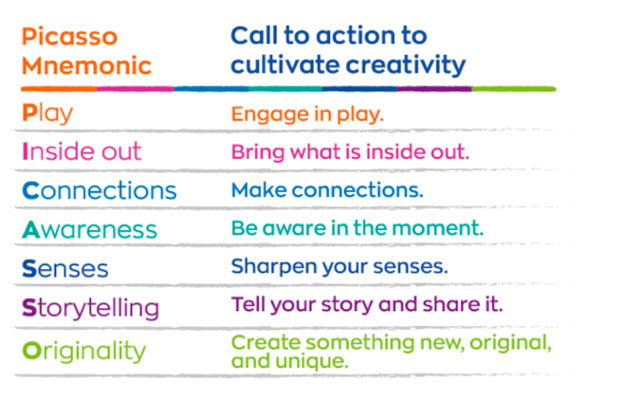
Play. One of the motivations for playing sports is to have fun. Engaging in unorganized sports offers great fun and practice. Once on a team and competing with other teams, it becomes challenging and may not always seem fun. Other motivations kick in such endurance, persistence, learning and improving skills, and winning. Playing often promotes abilities that cultivate creativity such as:
- Creating mental models of situations that don’t exist
- Seeing relationships and patterns
- Adaptability
- Openness
- Enthusiasm
Inside out. Development that goes on inside happens all through life. Making a commitment to a sport, playing with others on a team, and competing against other teams are all proving ground for developing confidence, trusting self, and being kind and considerate to others. Children can grow abilities that cultivate creativity such as:
- Trusting self
- Increased confidence
- Cognitive skills such as connecting diverse components and scenario thinking
- Awareness of feelings
- Positive self-regard
- Self-leadership
Connections. One of the motivations for playing sports is to make connections, be a part of a team, and have a coach. As these skills grow, they nurture creativity.
- Sense of belonging
- Valuing differences
- Make friends and build relationships
- Develop give and take
- See patterns of interdependencies
- Connect to people and surroundings
- Being kind and considerate to all players who participated
Awareness. Sports require awareness and contribute to cultivating some of the same skills the experiences of creativity promote:
- Being present
- Ability to focus
- Observation skills
- Being perceptive
- Sense of being connected to something larger than self
Senses. Spectators all know the sights, sounds, smells, and tastes at arenas, ballparks, and other venues. The awe of the group effervescent singing comes to mind:
Take me out to the ball game,
Take me out with the crowd;
Buy me some peanuts and Cracker Jack, I don’t care if I never get back. —Albert Von Tilzer
What about the players? Regardless of the sport, venue, or crowds, they all include showing up and connecting with self, people around you, and the environment. Sports nurture and grow these abilities.
- Making sense of and interpreting what you see
- Sensory perception
- Visual perception
- Ability to perceive in different ways
Storytelling. Even as the teams shook hands and parted, I noticed the kids already telling their stories of the great play or missed play, the fumble or foul, the point of interception, and, of course, winning or losing. These important happenings promote some of the same communication skills gar- nered in cultivating creativity.
- Expressing feelings
- Telling a story
- Gaining confidence
- Having a voice
- Creating memories
Originality. By choosing and playing a sport, the person—body, mind, and heart—is unique and original in their expression. The signature is their name, the number worn on a jersey, and the team’s name often printed on the jersey or T-shirt. They bring their originality to the position played. Showing up brings with it all the skills one has acquired so far and offers developmental progress in areas such as:
- Scenario thinking
- Abilities to link ideas, situations, patterns of thoughts
- Experimentation and risk-taking
- Perseverance, grit, and determination
- Taking initiative
- Commitment
- Self-leadership
Of the PICASSO-7, four really stand out to me. You might see others. Storytelling cemented the connections last night. In this case it was the harvest moon’s stunning saffron fullness at the end of the game when lights were off and the sky dark. It was the voices of many about the plays, passes, tackles, touchdowns, losses, wins, and accounts of teamwork. These were exuberant stories told by players, coaches, parents, and grandparents.
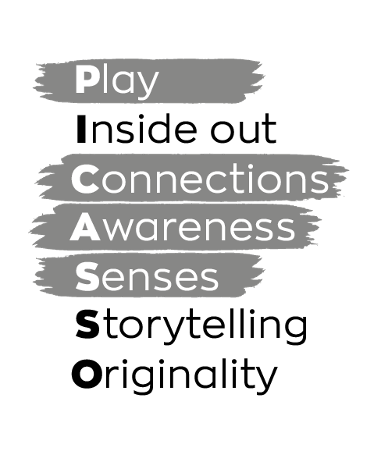
Do sports require creativity? That would be a resounding YES! Participation in sports not only requires creativity, but it also develops creativity! Look for opportunities to reinforce and celebrate kid’s interest in different sports, efforts, perseverance, and achievements and help them make the connections to their innate creativity.



